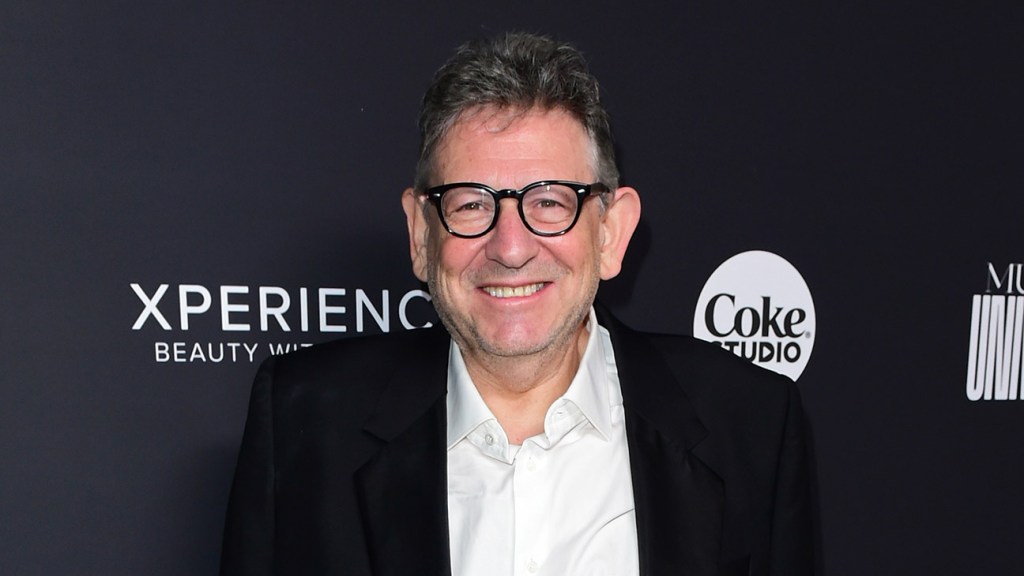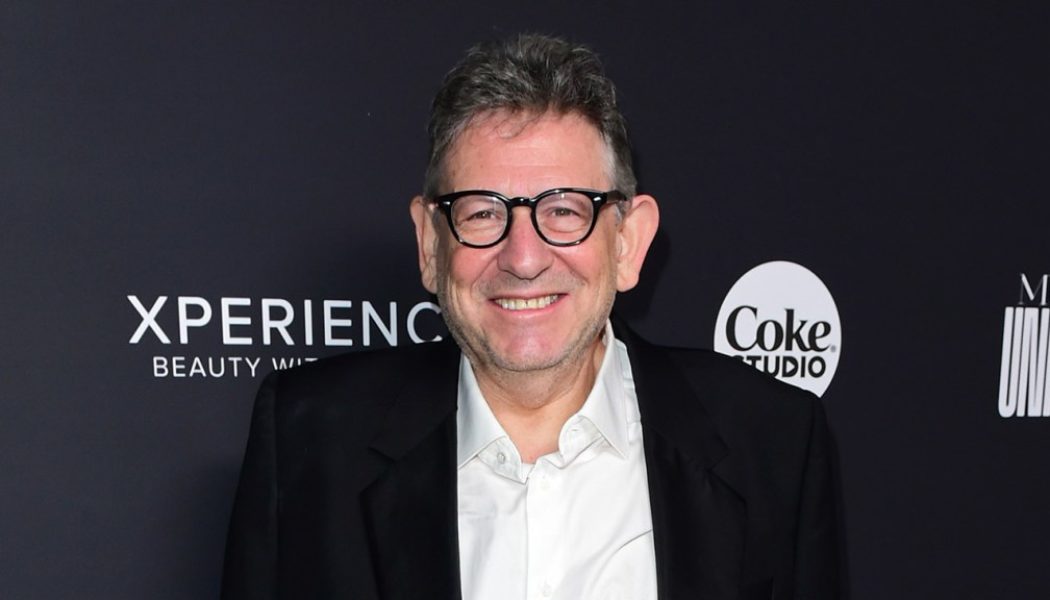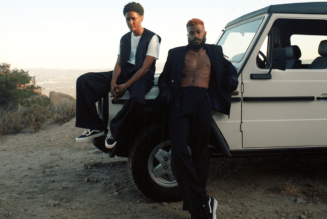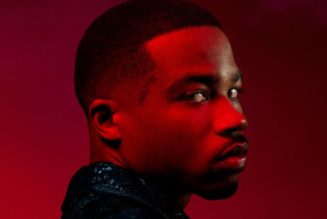
As artificial intelligence tools go mainstream, Universal Music Group CEO Lucian Grainge says recent business deals with major music streaming platforms will help ensure AI programs benefit his major label artists financially and creatively.
“What today’s results don’t yet demonstrate, but future ones will, is how our leadership on issues such as AI streaming economics will benefit not only UMG, but the entire music ecosystem,” Grainge told analysts after the music major released its third quarter financial results.
And Grainge hit out at critics of his label’s artist centric model for royalty payments as it looks to reward music product on streaming platforms that fans engage with. “Those groups who have expressed a concern about artist centric are those whose business model is based on being merchants of garbage,” he insisted.
“Sorry, I can’t really think of another word for content that no one really wants to listen to. So if you’re committing fraud or flooding the platform with content that has absolutely no engagement with fans, doesn’t help churn, doesn’t merchandise great music and professional artists, then I suppose you’re not going to be in favor of artist centric and it’s an opportunity for us to call them out,” he added.
UMG, which has artists on its roster like Taylor Swift, Drake and Olivia Rodrigo, saw overall revenues rise 10 percent to 2.75 billion euros ($2.9 billion) as streaming and subscription revenues rose 11 percent year-over-year to 1.41 billion Euros ($1.49 billion). That follows recent price hikes at Spotify, Apple, Amazon and YouTube.
Adjusted earnings before interest, taxes, depreciation and amortization (EBITDA), a key metric for UMG, rose 5.1 percent to 581 million Euros ($681 million).
During an analyst call, Grainge talked up a recent deal with YouTube to launch an AI Music Incubator that embraces AI-related musical tools. “The historic collaboration underscores our belief that the best way to ensure responsible AI development is through market-led solutions. Specifically, we agreed that YouTube will embrace a set of AI principles that empower human creativity and embrace artist interests,” he told analysts.
UMG has shown a willingness to use AI technologies, even as the industry faces a challenge from AI-generated music content and increasing competition from indie music labels to ensure compensation and copyright protection for artists represented UMG and other major music labels.
UMG also struck an agreement with Deezer, to reinvent how the indie music platform calculates streaming royalties for the major label’s artist roster.
“This new model honors real artists by better rewarding them for music that attracts and engages fans and by protecting against bad actors and depriving artists of their compensation based on its own index data analysis,” Grainge argued.
And UMG signed a deal with sound wellness company Endel to enable its roster of artists to use proprietary AI technology to create mood music soundscapes for daily activities like sleep and relaxation.
Michael Nash, executive vp and chief digital officer, told analysts proper enforcement of current copyright law and guarding against improper exploitation of an artist’s name and likeness — for example as AI tech allows voice cloning — must be priorities as regulators and governments look to establish guardrails around emerging AI software and technologies.









